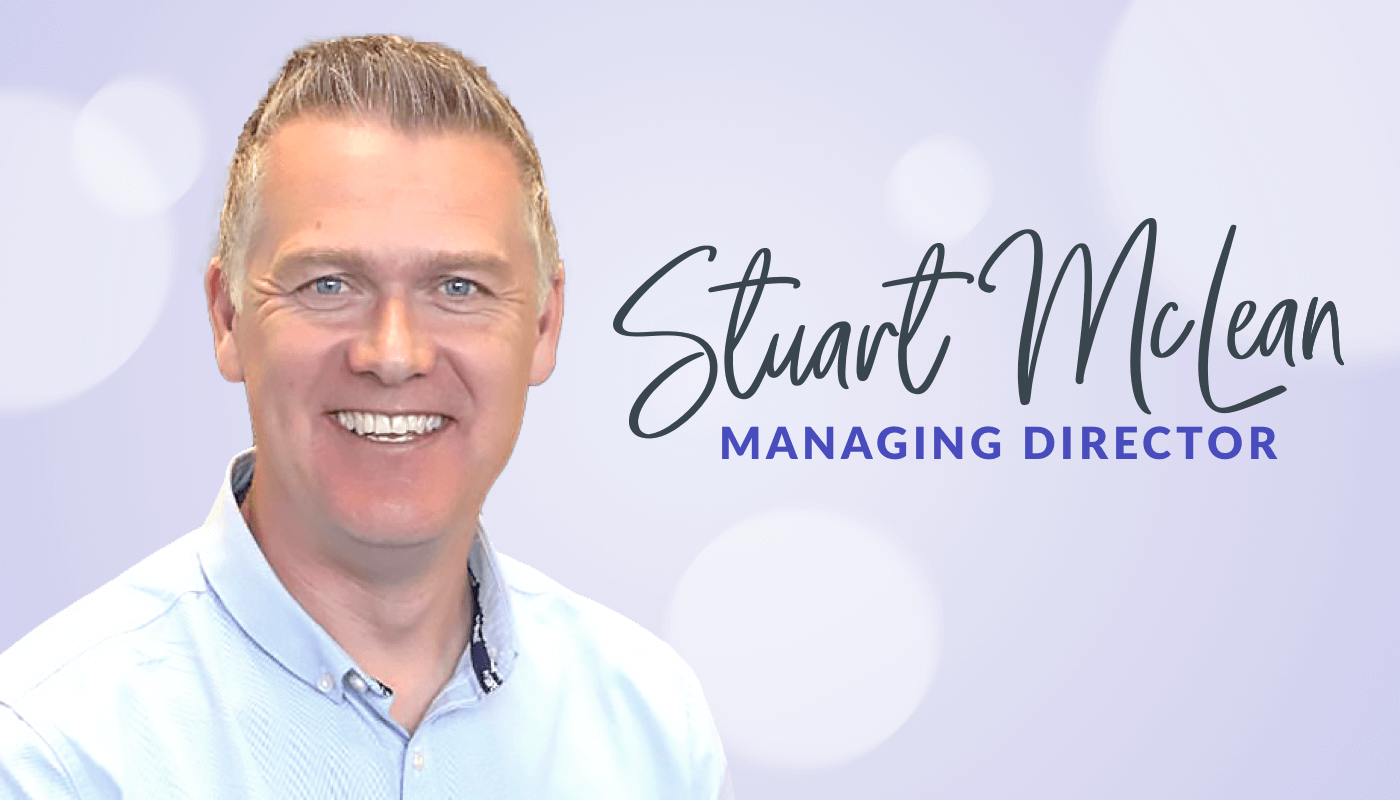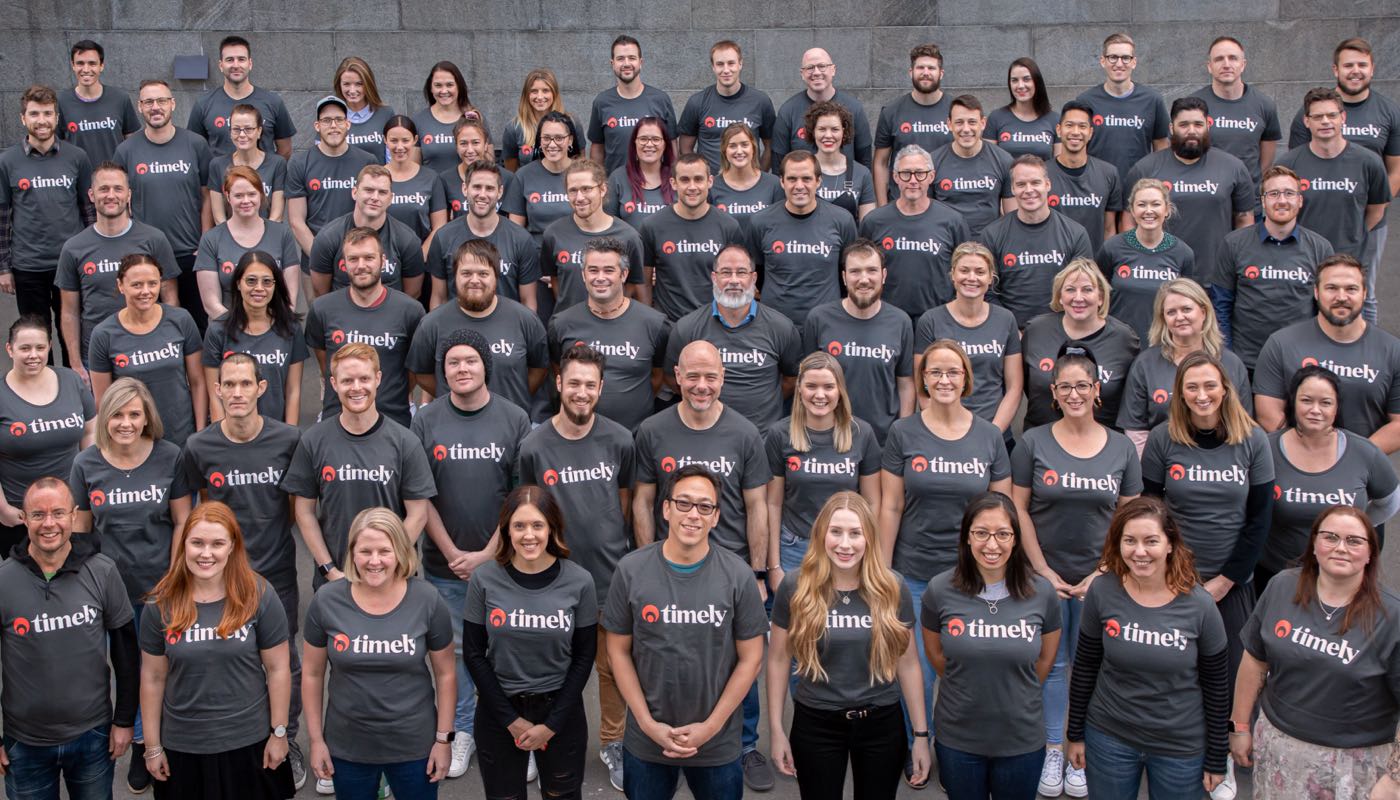Disrupting the Hair and Beauty Industry
“Disruption” is the buzzword. Everyone seems to be disrupting one thing or another. It’s hard to know what is and isn’t disruption any more. Innovation, disruption, disruptive innovation… where does one start and the other end?
It’s all semantics and the labels don’t really matter. Anything that removes inefficiency and increases delight is a good thing. But there’s one kind of disruption that I think we all need to be talking about in the hair and beauty industry.
Disruption to your client relationship.
When disruption gets between you and your client
There is a certain type of disruption that takes place in absence of innovation. When an industry stagnates and fails to keep up with the needs of their clients, an opportunity is created for someone to completely change the game. That someone usually comes from outside of the industry being disrupted.
At its peak Blockbuster had 10,000 stores with a market valuation of over $5 billion. In 1997 Netflix launched an alternative based on digital streaming. Blockbuster saw this coming and launched a digital service of its own, but it was too reliant on physical stores and in the end not able to innovative fast enough. In 2010, the former leader in video rental announced bankruptcy.
More recent examples would be Airbnb giving us more options than just hotels and motels for spending a night away from home. And of course Uber, the poster-child of disruption, who are now getting us from A to B in a more delightful and less expensive way than taxis. The effect of disruption to the hotel and taxi industries is still to be seen.
The common thread in these examples is that an existing industry stagnated and wasn’t able to adapt to meet the demands of their clients. An opportunity was created for someone else to take control of the client relationship.
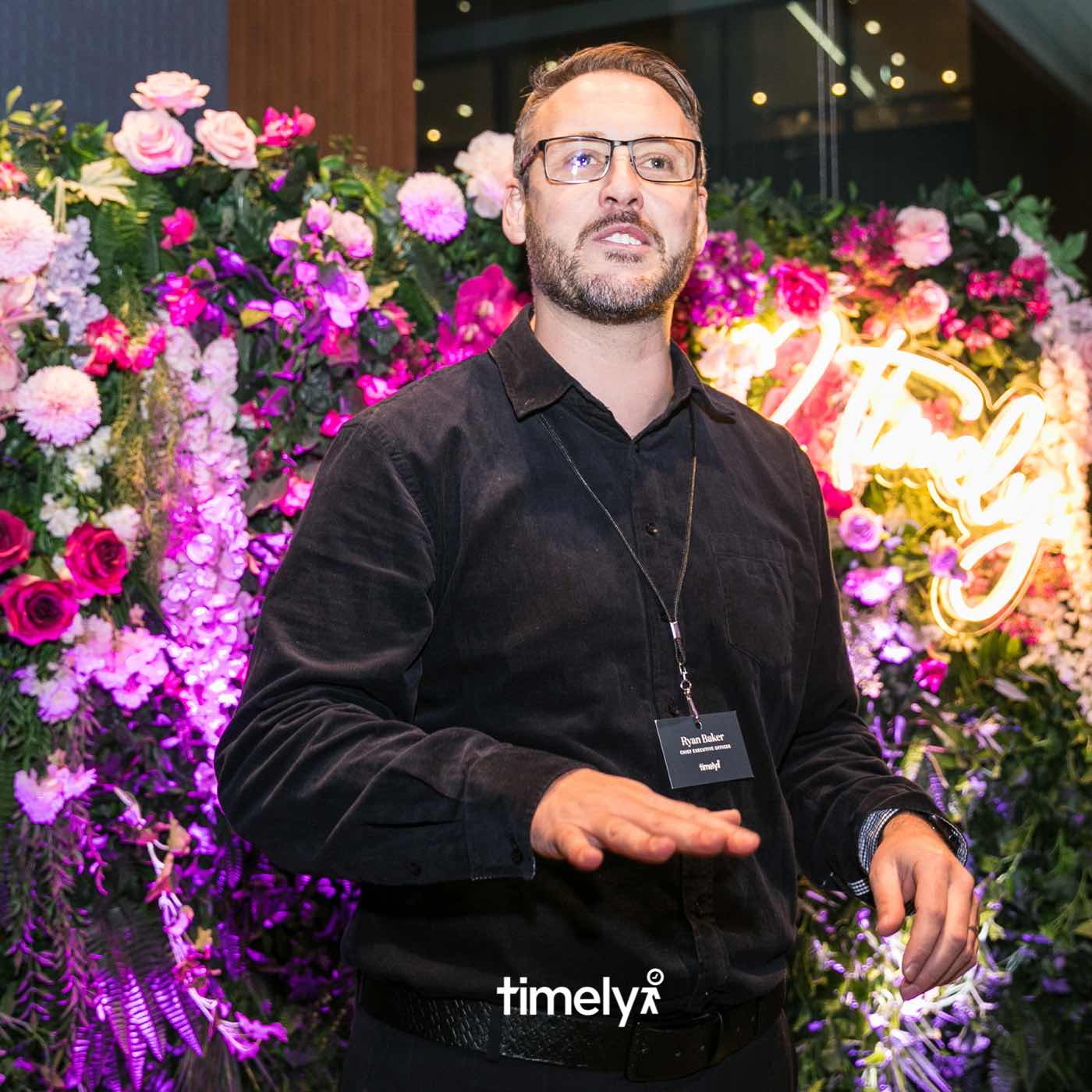
I had a blast at Hair Expo in Sydney this year.
Hair and beauty industry
Earlier this month I went to an event at hair expo put on by our pals at the Australian Hairdressing Council called “Meet the industry disruptors”. I had the privilege of hearing from four inspiring industry insiders who are making sure we don’t stagnate as an industry.
- Adam Ciaccia is an incredible stylist who somewhat stumbled on a huge demand for online education. He’s now had over 15 million YouTube views.
- Natalie Anne is a hair business trailblazer, showing us all how it’s done on social media while closing in on half a million Instagram followers.
- Mia De Vries from The Secret Fox Education is making training both digital and interactive, taking it all around the world.
- Tom White of Rubi Hair Melbourne has turned a progressive culture into salon success, with a healthy dose of f-bombs along the way.
It was a bloody interesting session and inspiring to hear their stories. I asked a question at the end of the session, which I’ve still been thinking about. I sounded like a dick asking it, but I care about our industry and what the wrong kind of disruption could mean for all of the people who work in it and love it so much.
What are the big disruptions that could happen that mean the existing hair and beauty industry is reduced or made redundant? Why would that disruption be necessary? Who would win and who would lose from it?
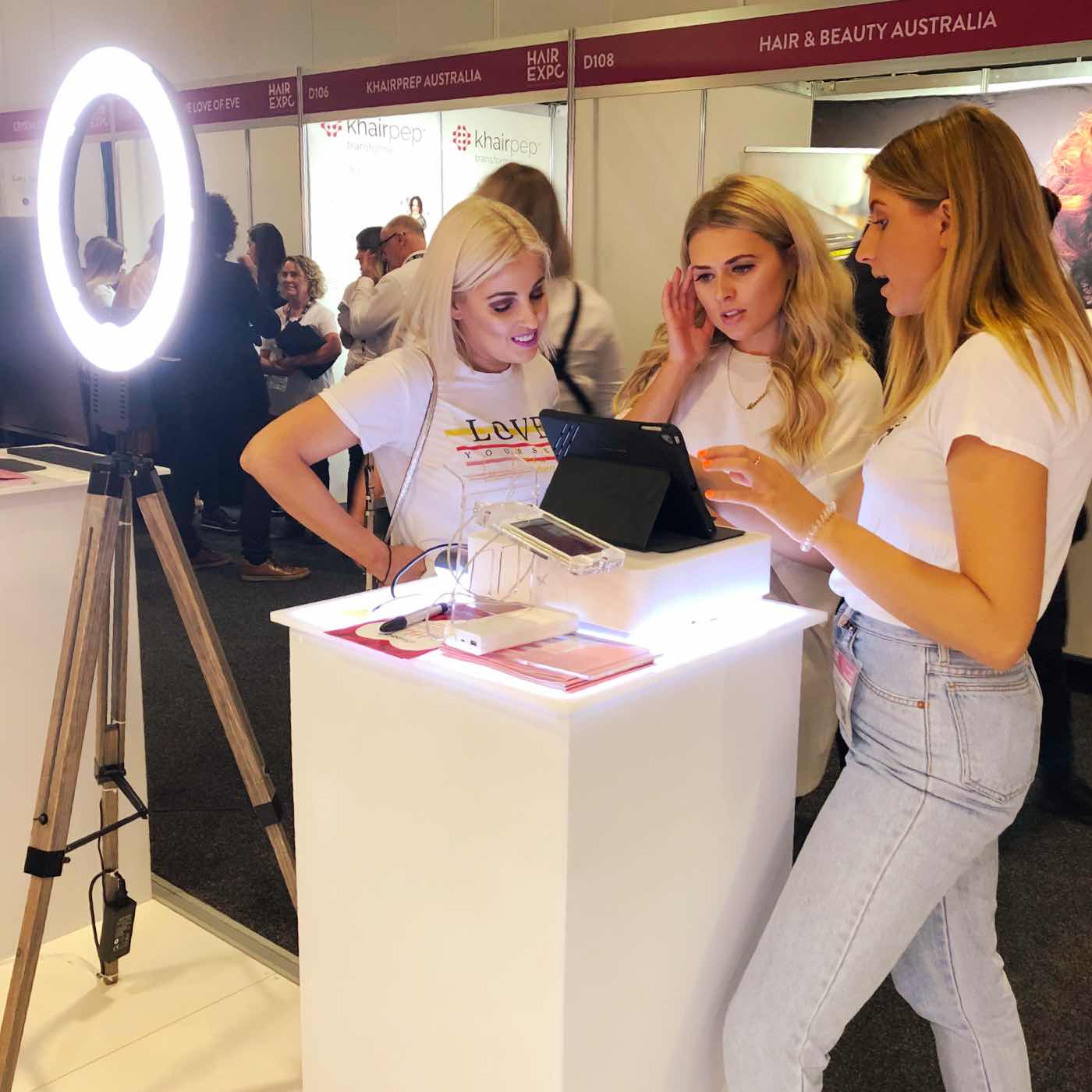
Industry folks chatting with Timely’s Ana-Luka Korth at Hair Expo.
I’m hearing that we’re falling behind a bit in the hair and beauty industry. Many salon owners are finding it hard, margins are tight and finding/keeping good staff is an ongoing issue. Some people are saying that in 10 years there won’t be enough hairdressers.
It’s when these cracks start to form that an opportunity is created for the client relationship to be disrupted. In an industry built on client experience and client relationships, it’s important that this disruption comes from within industry.
Our responsibility
My team and I have fallen in love with the hair and beauty industry. Many of the cool stories we hear start with “well I kind of fell into it”. So did we. We made a pretty good booking system back in 2011 and realised the industry we could help, and enjoy working with, the most was hair and beauty. Timely is still used by lots of other industries but we feel a big responsibility for hair and beauty. It’s obvious to see why when we look at the other software available:
Incumbents are the salon software companies that have been around for a while. They are a part of the industry and run by well-meaning people. But they aren’t innovating as quickly as our clients need. They are more focused on locking you in to contracts and defending their patch. They are creating opportunity for disruptors by not innovating.
Disruptors are newer salon software companies that look and smell like incumbents, but they’re actually marketplaces in disguise. They aim to get as many salons as possible using their software for free before they wrestle control of the client relationship away. Ultimately this is bad for the existing industry. If the product is free then *you* are the product.
In between Incumbents and Disruptors, what our industry needs is Innovators. Clearly I’m biased, but I believe Timely is the only software/tech company that is truly innovating. We recognise the primacy of your client relationships and are tirelessly working on ways to help you better delight your clients.
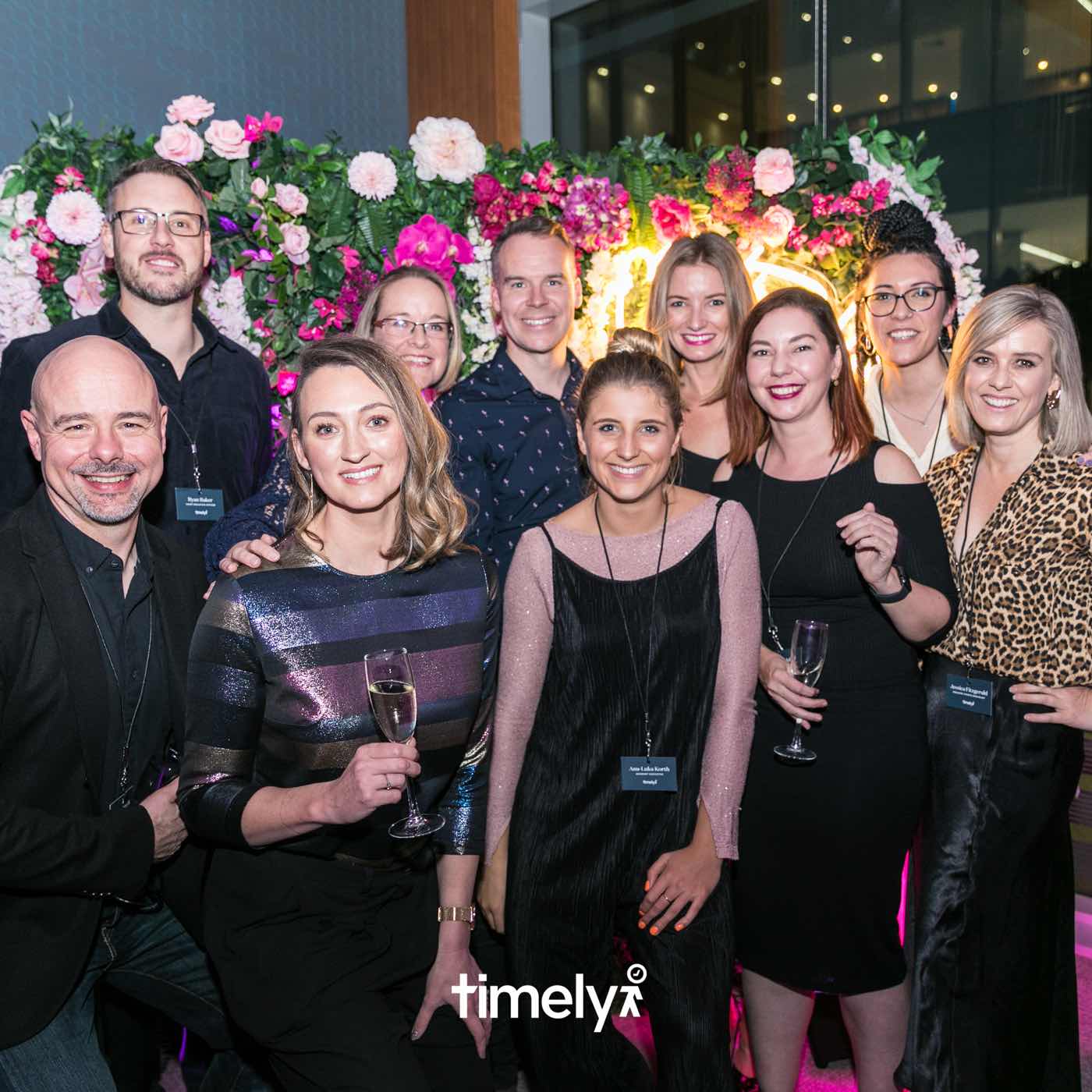
Timely’s crew from Hair Expo in Sydney Australia.
Our commitment
If the taxi companies had provided a beautiful way of booking a ride, that perfectly fit with what consumers wanted, would Uber exist? If Blockbuster had moved to digital delivery sooner, would their business have gone from 84,000 employees to bankrupt in 2010?
How would these industries have been different if the companies had adapted and innovated at the pace their consumers demanded?
That’s our commitment to industry. We will not stop innovating and we will not disrupt your client relationship. We will elevate this industry by helping you deliver the experience that your clients expect. We will help you to succeed, so that people want to work in a creative, innovative AND lucrative industry.
We will win together.

